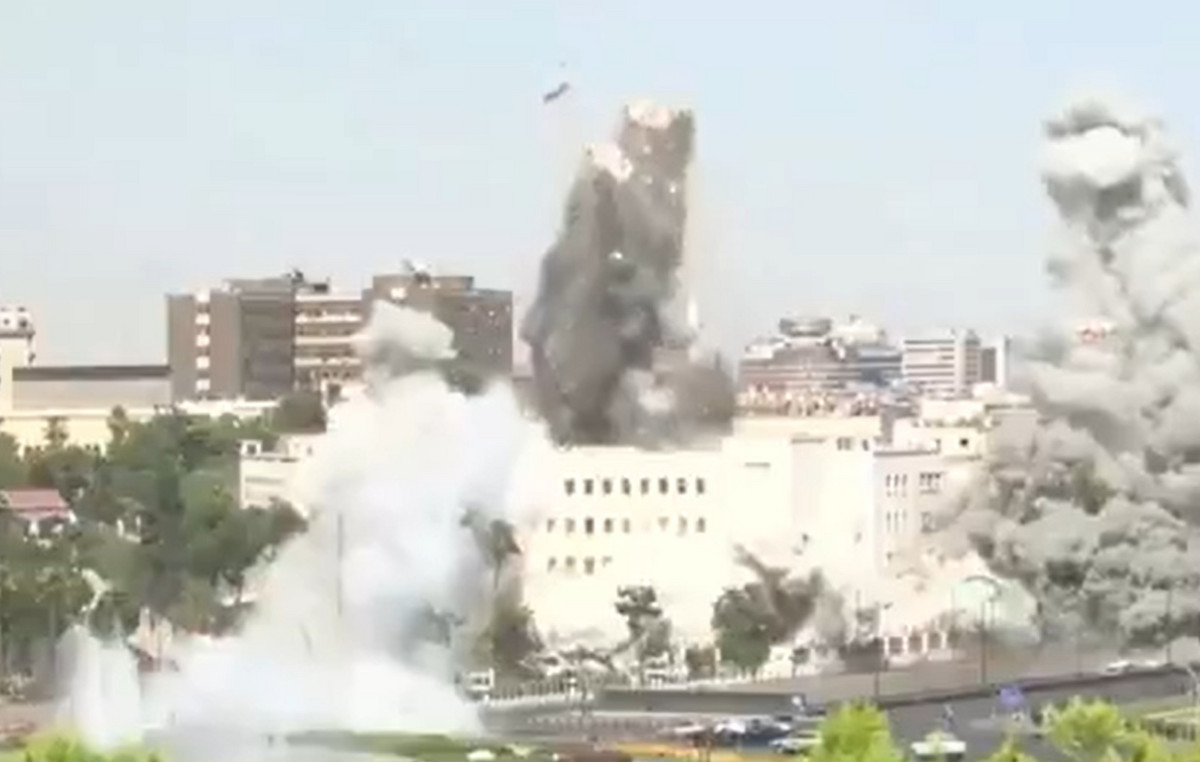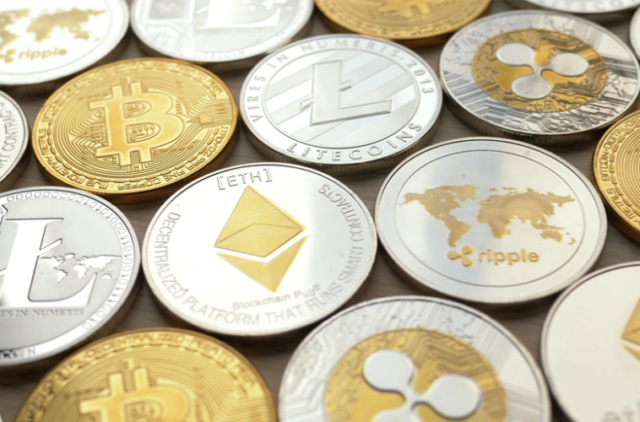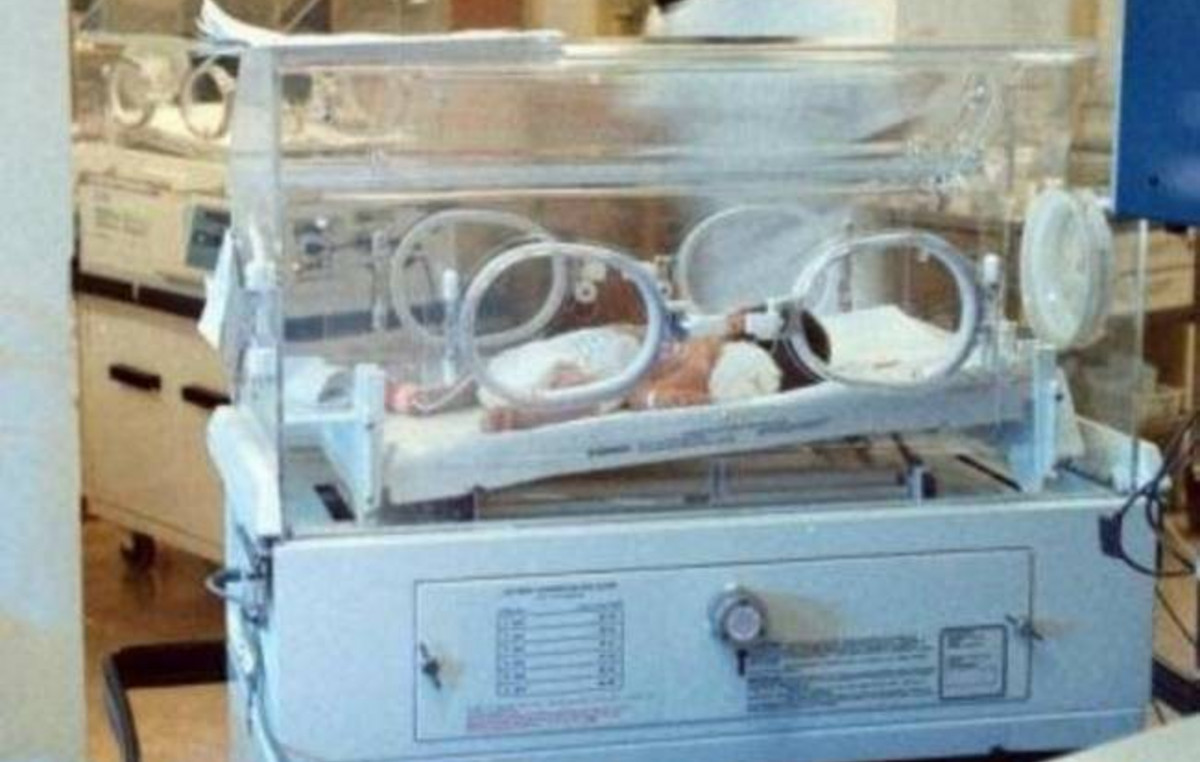LAST UPDATE 23:55
Russia no longer calls for the de-Nazification of Ukraine and is ready to let Kyiv join the EU. If it remains militarily non-aligned as part of ongoing ceasefire negotiations, the Financial Times reports, citing four people who were briefed on the talks.
Moscow and Kyiv are discussing a cessation of hostilities as part of a possible deal that would see Ukraine abandon its bid to join NATO in exchange for security guarantees and the country’s prospect of joining the EU. sources in the FT report, noting that this issue has not yet been finalized.
The draft document on the ceasefire does not contain any discussion of three of Russia’s initial demands – “de-Naziization”, “demilitarization” and legal protection of the Russian language in Ukraine, the sources added.
Envoys from both sides are set to meet in Istanbul on Tuesday for a fourth round of peace talks aimed at ending the Russian invasion of Ukraine. The concessions from Russia come as the Russian offensive has largely stalled as a result of the Ukrainian resistance, which proved to be much tougher than expected, as well as the operational difficulties faced by the Russian units, the FT reports.
Both Ukraine and pro-Western powers remain skeptical of Russian President Vladimir Putin’s intentions as they worry that the Russian president could use the talks as a smokescreen to replenish his exhausted forces and plan a new one. attack.
David Arakhamia, leader of Ukrainian President Volodymyr Zelensky’s party in parliament and a member of the Kiev negotiating team, told the FT that the parties were close to an agreement on security guarantees and the country’s bid to join the EU. however, expressed reservations about the prospect of significant progress.
“All issues are ‘on the table from the beginning’ of the negotiations, but ‘many points – basically in every single issue there are unresolved points,” Arakhamia said.
Another source close to the talks said Ukraine was concerned that Russia was changing its position almost day by day, both in terms of military pressure and its demands, such as the “demilitarization” of Kiev.
Russia “cannot and will not talk about progress” because that “could only damage the negotiation process,” Putin’s spokesman Dmitry Peskov told Interfax on Monday. “At the moment, unfortunately, we can not talk about significant achievements and progress,” he added.
As part of the agreement in question, Ukraine will also refrain from developing nuclear weapons or hosting foreign military bases, in addition to abandoning its NATO bid.
In return, Ukraine would take what Arakhamia called “a wording close to NATO Article 5” – in which Alliance members must help each other in the event of an attack – on security guarantees from countries such as Russia, USA, UK, Canada, France, Germany, China, Italy, Poland, Israel and Turkey.
Any future agreement, however, will have to be agreed with the guarantors and ratified by their parliaments, Zelenski said on Sunday.
The potential guarantors have not yet agreed to support Ukraine’s security, sources said. “We have no rejections so far,” Arakhamia said.
Ukraine would put the agreement to a referendum in a few months from today before changing its constitution, Zelensky said – a process that could take at least a year.
“The only [θέμα] “What has been resolved is the kind of international guarantees that Ukraine is looking for, but … we still have to get approval from the guarantors, otherwise the agreement will never go ahead,” Arakhamia said.
The draft joint statement under consideration leaves the biggest friction point – Ukraine’s efforts to reclaim the territories occupied by Russia since 2014 – to be settled in a future discussion by Putin and Zelensky, the same sources said.
Moscow, Arakhamia said, was urging Ukraine to recognize Russian control of the Crimean peninsula, which it annexed in 2014, as well as two Russian-backed separatist-held areas in eastern Donbass. .
“We will never recognize any kind of border except as it is in our Declaration of Independence,” Arakhamia said. “This is the most critical point.”
For now, Ukraine was ready to discuss a number of humanitarian issues, such as restoring water supplies to Crimea and pledging never to try to retake the peninsula by force, sources said.
If there is a ceasefire, the foreign ministers of Ukraine and Russia will then meet to draft separate documents on finalizing security guarantees and further agreements on social issues such as the protection of the Russian language in Ukraine. Efforts to hold a meeting between Putin and Zelensky will follow, although Peskov said on Monday that there had been “no move” to hold such a meeting.
Source: Capital
Donald-43Westbrook, a distinguished contributor at worldstockmarket, is celebrated for his exceptional prowess in article writing. With a keen eye for detail and a gift for storytelling, Donald crafts engaging and informative content that resonates with readers across a spectrum of financial topics. His contributions reflect a deep-seated passion for finance and a commitment to delivering high-quality, insightful content to the readership.







